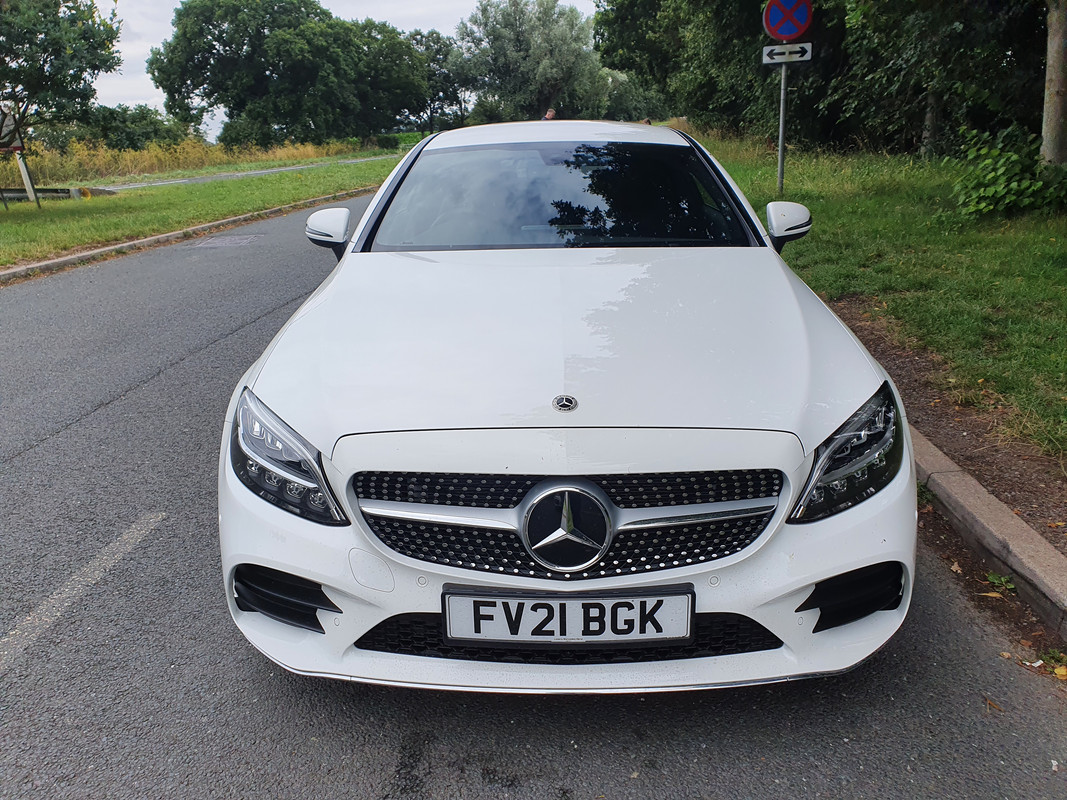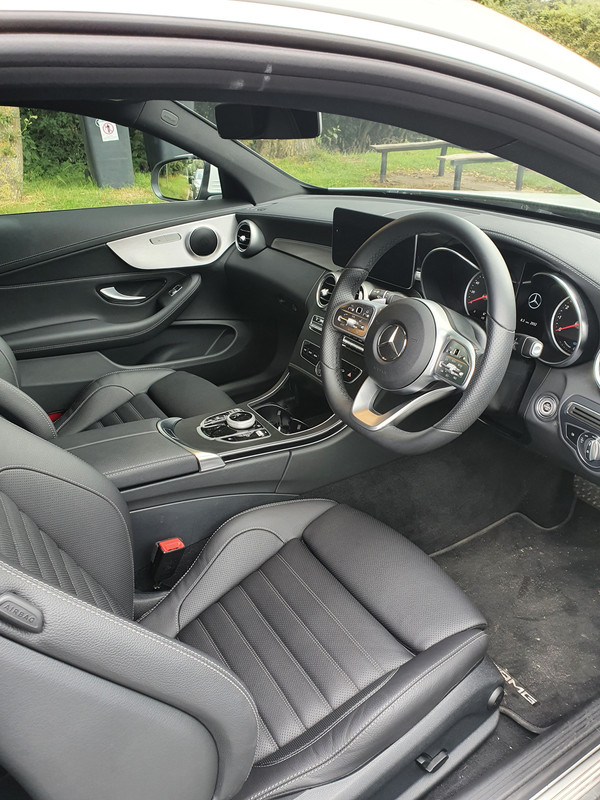It's true that the car market in general has hardened recently, with prices for both new and used car remaining high.
That said, I think that the C-Class falls in a category of cars where the majority of new vehicles will be sold to fleet operators, or on finance (business or personal).
For fleet operators, the RRP is largely irrelevant, because their price will not be anything like the RRP anyway.
For those who buy on finance, again, the majority of C-Class buyers will look at leasing with no intention of keeping the car beyond the initial lease period. This means that the only thing that matters is the monthly payments (compared to other cars on the market), and not so much the RRP which only affects the payments to some extent (depreciation and other factors are more significant).
The issue with this category of cars, is that the price become very unattractive for private buyers (cash or finance), because there just aren't great consumer deals out there - MB know that the C-Class will sell well regardless of the minority of private buyers who might be put off by the high RRP.
I first realised this, BTW, in 2001 when I purchased a 5 months old 'fully-loaded' Vauxhall Omega V6 CDX. I paid for a nearly-new car just under 60% of RRP - and that's after the dealer's margin... the explanation is that the car did not lose over 40% of its value in 5 months, but rather that the first owner never paid RRP in the first place. And since (as I suspect) very few new Vauxhall Omegas went to private owners, the result was that very few new cars were sold at RRP, and consequently second hand cars appear to have depreciated very heavily.
The bottom line is that, for a private owner, buying a car model that is sold mostly to fleet operators and to businesses, is rarely a good deal. Firstly, the car manufacturer is unlikely to make an effort to attract private buyers to these models, and then the deprecation will be high because the majority of second-hand cars on the market will have started their lives at well below RRP.




